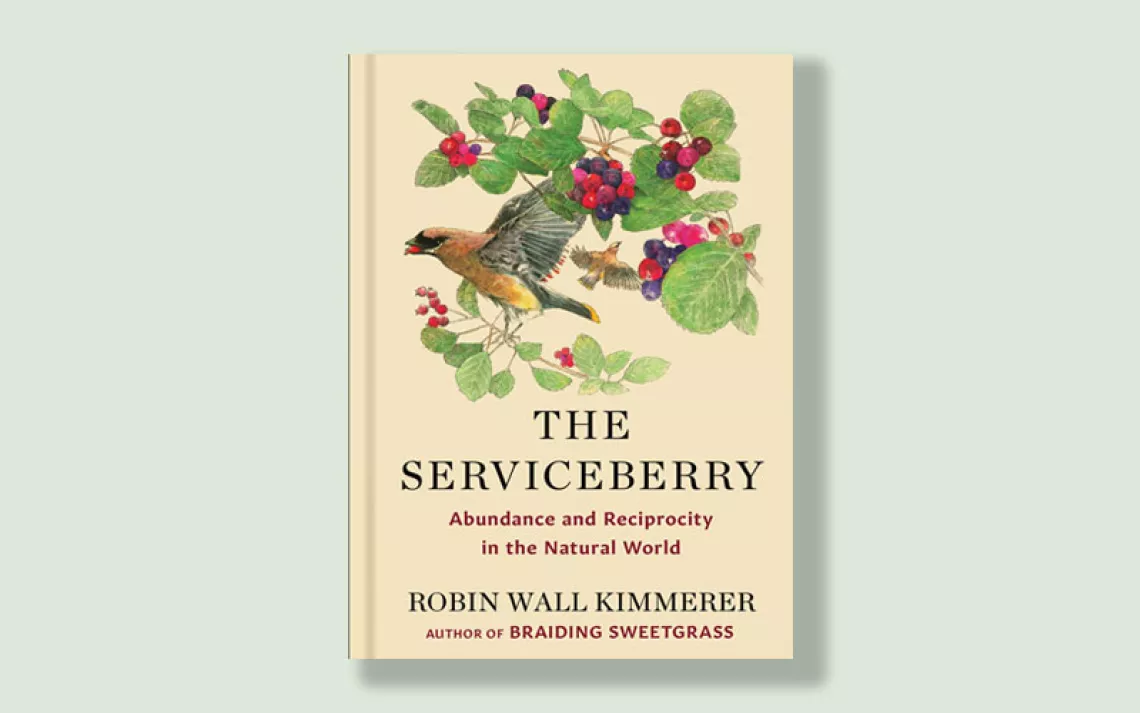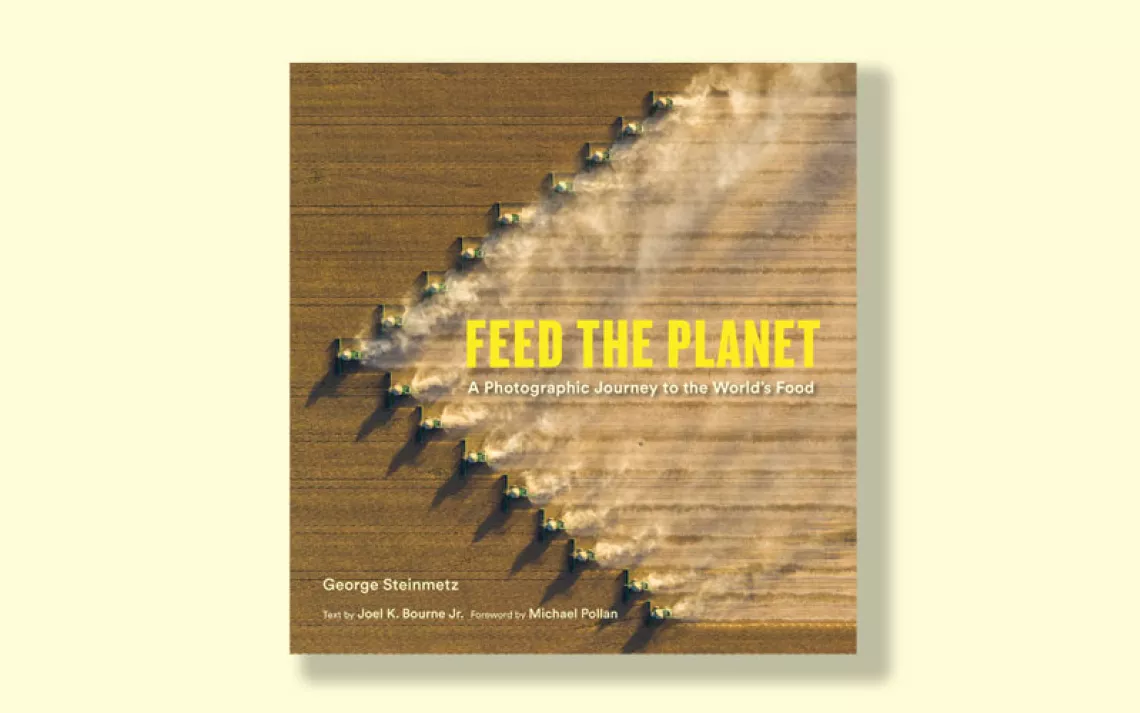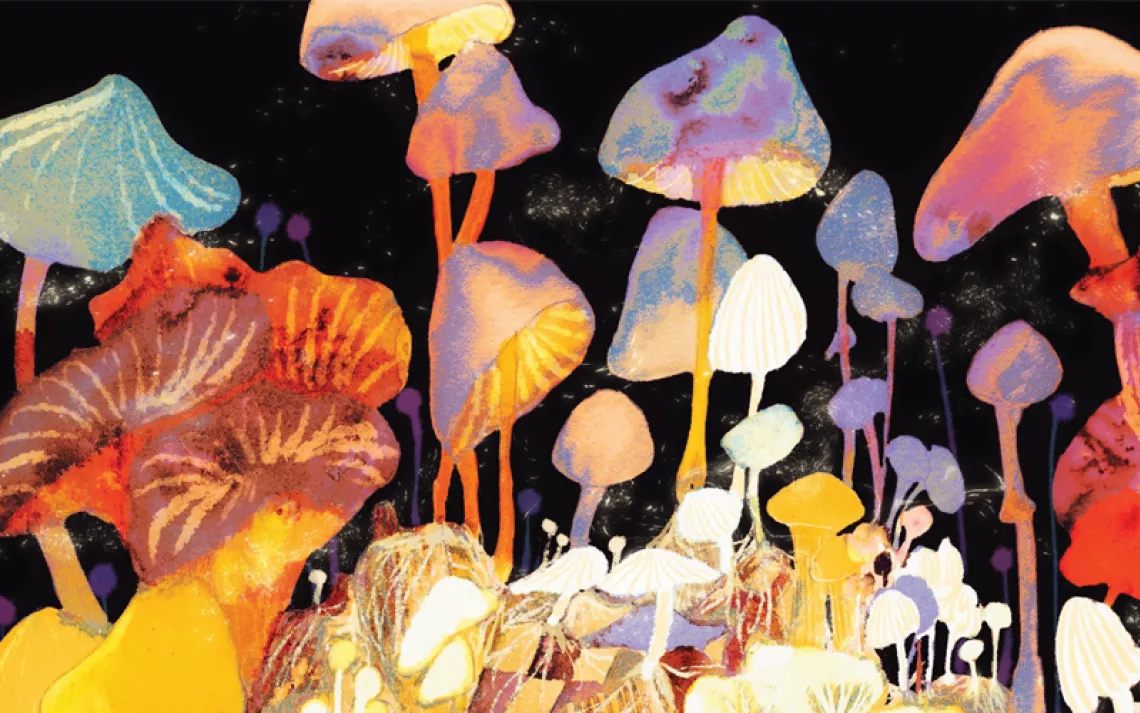Michael Twitty Wants to Reconnect African Americans to Their Food
The Afroculinaria food blogger discusses food, history, and his new memoir

Michael Twitty, founder of Afroculinaria, a food blog that documents African American historic foodways. | Photo by Ryan Smith
A POT OF OKRA SOUP is more than just a meal for Michael Twitty. It is a connection to history, to the coming together of cultures in the face of slavery. Twitty is the founder of Afroculinaria, a food blog that documents African American historic foodways and their legacy.
"Okra soup was created by women from different ethnic groups who had to make something happen between them," Twitty says. "It was found from Senegal to Angola—pretty much the entire breadth of the coast from which enslaved Africans were drawn."
Based in Washington, D.C., Twitty has traveled extensively around the American South researching and re-creating historical recipes that date back to when the first Africans were brought to North America as slaves. To achieve as much authenticity as possible, he has even prepared the recipes dressed as a slave, in the kitchens of historically preserved plantations.
By telling the story of traditional foodways, he hopes to show how food contributed to the development of African American culture. His recently published memoir, The Cooking Gene (Amistad, 2017), examines this connection between food and culture and also chronicles his effortsto trace his own family's history and genealogy.
At a young age, Twitty realized that the kitchen is where he confronts the truth. Some of his earliest memories are of learning to cook with his mother and grandmothers, and it's where, as a teenager, he told his mother that he was gay. It's also where he formed his first connection to Judaism—to which he eventually converted—through the challah bread that his mother liked to bake.
Twitty thinks that by exploring traditional cuisine, he and other African Americans can come to terms with the painful truth of slavery and engage in conversations about group survival.
"Food was one of the few parts of west and central African culture that could continue almost unabated," he explains. "Enslaved Africans could practice their foodways in sync with what they had always known, in ways they couldn't with language, clothing, religion, and family patterns."
According to Twitty, too many African Americans became disconnected from this history during the Great Migration of the 20th century, when millions of black people left the rural South and moved to the urban North to escape racism and poverty. A population that was largely rural flipped to being mostly urban, and food traditions were lost. Today, many African American communities lack basic access to grocery stores and healthy food.

Make every day an Earth Day
Get articles like this one sent directly to your inbox.
With this action you affirm you want to receive Sierra Club communications and may vote on policy designated by the Sierra Club Board.
"Landscapes of oppression often overlap with landscapes that are important to food and survival," Twitty says. "We need the connection to nature that we once had, but due to economic constraints and changes in day-to-day life, that's tough."
Twitty finds hope in the growing trends of community gardens and local food movements. Just as Native Hawaiians and Native Americans are reviving traditional foods, African Americans can revive food traditions to help build healthy communities.
"The narrative is so much bigger than 'eat your fruits and vegetables,'" he says. "The narrative is to return to the foods of your past—so you can have a future."
This article appeared in the September/October 2017 edition with the headline "Feeding the Soul."
 The Magazine of The Sierra Club
The Magazine of The Sierra Club



